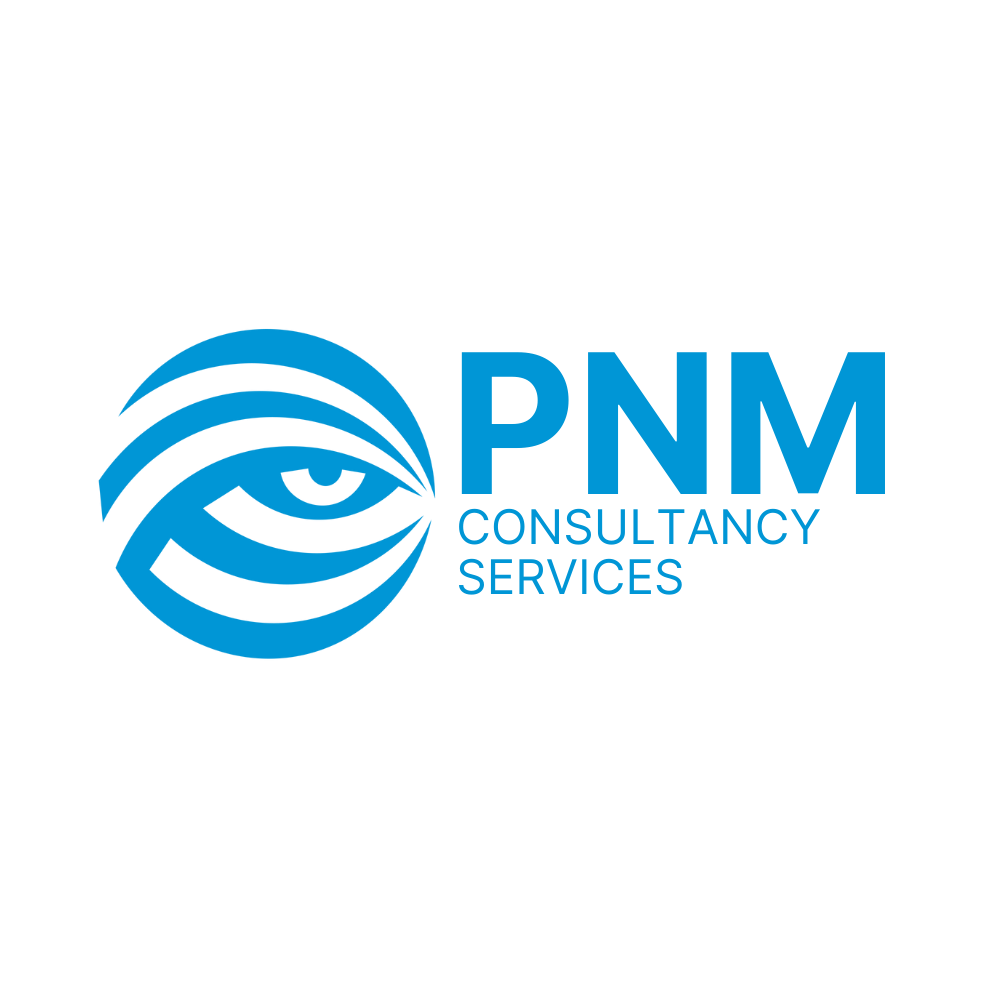An operational audit is a systematic evaluation of an organization's operational processes, procedures, and performance. The primary objective of an operational audit is to assess the efficiency, effectiveness, and economy of an organization's operations and to identify opportunities for improvement. Unlike financial audits that focus on financial reporting and controls, operational audits are more concerned with the operational aspects of an organization.
Key features of operational audits include:
Objective and Scope Definition: Operational audits are conducted with specific objectives in mind, which may include evaluating the efficiency of processes, assessing the effectiveness of controls, or identifying areas for cost savings. The scope of the audit is defined based on these objectives.
Process Evaluation: The audit examines key business processes and operational activities within the organization. This includes assessing workflow, resource utilization, and the overall effectiveness of the processes in achieving organizational goals.
Resource Utilization: Evaluating how efficiently and effectively resources such as human capital, technology, and facilities are being utilized. This involves assessing whether resources are aligned with organizational objectives and whether there are opportunities for optimization.
Risk Management: Identifying and evaluating operational risks that could impact the achievement of organizational objectives. This includes assessing the adequacy of risk management processes and controls in place.
Compliance: Ensuring that operational activities comply with relevant laws, regulations, and internal policies. This can include regulatory compliance, industry standards, and internal procedures.
Performance Measurement: Assessing the performance of various business units or departments against established key performance indicators (KPIs) and benchmarks. This helps identify areas of underperformance and opportunities for improvement.
Recommendations for Improvement: Based on the audit findings, operational audits provide recommendations for improvements and efficiencies. These recommendations may include process redesign, resource reallocation, technology enhancements, or changes in organizational structure.
Communication: Communicating the results of the audit to key stakeholders, including management and the board of directors. Clear and concise reporting is crucial to ensure that the findings and recommendations are understood and can be acted upon.
Operational audits play a crucial role in helping organizations enhance their overall performance, streamline processes, and adapt to changes in the business environment. They contribute to improved decision-making, better resource management, and the identification of opportunities for innovation and growth. Internal audit departments or external audit firms may conduct operational audits, and the frequency of such audits can vary based on organizational needs and industry requirements.
Request for Our
Free Consultation
Don’t miss out – take advantage of our free consultation and take the first step towards achieving your goals
A Freezone Company in the UAE is a business entity established within a designated free zone, offering foreign investors various advantages such as 100% foreign ownership, tax exemptions, and simplified import/export procedures.
Yes, both individuals and foreign corporate entities can own a Freezone Company. This is one of the key advantages of setting up a business in a UAE free zone.
Corporate Tax is a type of direct tax imposed on the net income or profit of companies and businesses. It is also known as "Corporate Income Tax" or "Business Profits Tax" in some regions.
The UAE Corporate Tax becomes effective for Financial Years starting on or after June 1, 2023.
For example:
Yes, UAE Corporate Tax applies irrespective of the ownership nationality. It covers entities locally or internationally owned.
The UAE introduced VAT to diversify income sources and maintain the high standard of public services. It is a 5% tax applied to most goods and services.
Let us say a mobile phone is manufactured and sold through various stages—manufacturer to wholesaler to retailer, and finally to the consumer. At each step, a 5% VAT is applied, and businesses can claim a refund on the VAT they have paid on their purchases.
The standard VAT rate is 5%, but there are categories like zero-rated (0% VAT), exempt (no VAT), and deemed supplies.
Businesses must register for VAT if their taxable supplies exceed AED 375,000 per year or voluntarily if it exceeds AED 187,500.
Accounting is the systematic recording, reporting, and analysis of financial transactions, while bookkeeping involves the daily recording of financial transactions.
Accounting provides a clear picture of your financial health, helps in making informed decisions, and ensures compliance with financial regulations.

Managing Director – Equinox
I have engaged Mr. Asif from PrimeFour Consulting in the UAE, and he has been an incredible ally in setting up our entities. His local knowledge is unparalleled. I highly recommend PrimeFour Consulting for Business Setup, Corporate Tax, and Management consultancy.

Zeptium Technologies LLC– Sales Manager
I have been thoroughly impressed with the exceptional service provided by PrimeFour Consulting. Their team has been incredibly prompt in responding to all my queries, ensuring that every concern is addressed with clarity and professionalism. I especially appreciate the valuable guidance I received regarding corporate tax filing process. PrimeFour Consulting has truly been a reliable partner in navigating the complexities of tax regulations, and I would highly recommend their services to any business looking for expertise and efficiency.

Consultant
I raised a query about the Corporate Tax registration process and deadlines with PrimeFour Consulting. They responded promptly with a professional and thorough explanation, addressing all my concerns. Excellent and efficient service from the PrimeFour Consulting team!

Consultant
PrimeFour Consulting provided exceptional support for my new company formation query. They offered a range of options with transparent pricing, making the entire process clear and straightforward. Their team followed up promptly to ensure I had all the necessary information. Excellent professionalism and prompt service.

CEO, Exavibes
Working with Prime4 Consulting to establish our office in Dubai was a game-changer for us. Their team provided invaluable support throughout the entire process, from navigating legal requirements to finding the perfect location. Thanks to their expertise and dedication, we were able to smoothly expand our operations into Dubai and hit the ground running.

Founder & Director, Moods Investment Research Inc.
PrimeFour Consulting provided excellent guidance for setting up my company in Dubai and registering for VAT/Tax. Highly recommended!

Director, PNM consultancy
PrimeFour and its team have been instrumental in supporting our business ventures in the UAE and Middle East. Their exemplary service and dedication have consistently exceeded our expectations. With their expertise and guidance, we've navigated through complexities seamlessly, achieving remarkable results. PrimeFour's commitment to excellence and client satisfaction is truly commendable. We highly recommend PrimeFour to anyone seeking reliable and top-notch business support in the region.

Managing Director – Equinox
I have engaged Mr. Asif from PrimeFour Consulting in the UAE, and he has been an incredible ally in setting up our entities. His local knowledge is unparalleled. I highly recommend PrimeFour Consulting for Business Setup, Corporate Tax, and Management consultancy.

Zeptium Technologies LLC– Sales Manager
I have been thoroughly impressed with the exceptional service provided by PrimeFour Consulting. Their team has been incredibly prompt in responding to all my queries, ensuring that every concern is addressed with clarity and professionalism. I especially appreciate the valuable guidance I received regarding corporate tax filing process. PrimeFour Consulting has truly been a reliable partner in navigating the complexities of tax regulations, and I would highly recommend their services to any business looking for expertise and efficiency.

Consultant
I raised a query about the Corporate Tax registration process and deadlines with PrimeFour Consulting. They responded promptly with a professional and thorough explanation, addressing all my concerns. Excellent and efficient service from the PrimeFour Consulting team!

Consultant
PrimeFour Consulting provided exceptional support for my new company formation query. They offered a range of options with transparent pricing, making the entire process clear and straightforward. Their team followed up promptly to ensure I had all the necessary information. Excellent professionalism and prompt service.

CEO, Exavibes
Working with Prime4 Consulting to establish our office in Dubai was a game-changer for us. Their team provided invaluable support throughout the entire process, from navigating legal requirements to finding the perfect location. Thanks to their expertise and dedication, we were able to smoothly expand our operations into Dubai and hit the ground running.

Founder & Director, Moods Investment Research Inc.
PrimeFour Consulting provided excellent guidance for setting up my company in Dubai and registering for VAT/Tax. Highly recommended!

Director, PNM consultancy
PrimeFour and its team have been instrumental in supporting our business ventures in the UAE and Middle East. Their exemplary service and dedication have consistently exceeded our expectations. With their expertise and guidance, we've navigated through complexities seamlessly, achieving remarkable results. PrimeFour's commitment to excellence and client satisfaction is truly commendable. We highly recommend PrimeFour to anyone seeking reliable and top-notch business support in the region.

Managing Director – Equinox
I have engaged Mr. Asif from PrimeFour Consulting in the UAE, and he has been an incredible ally in setting up our entities. His local knowledge is unparalleled. I highly recommend PrimeFour Consulting for Business Setup, Corporate Tax, and Management consultancy.
Welcome to PrimeFour Consulting's blog- PrimeFour Consulting has accumulated a wealth of information and insights about company formation, Corporate Tax, VAT, Banking & Compliance, Accounting & Audit Assurance, Management Consultancies, New to Country- start up in the United Arab Emirates (UAE).
Copyright © 2024, PrimeFour Consulting LLC. All Rights Reserved.
Designed and developed by Exavibes